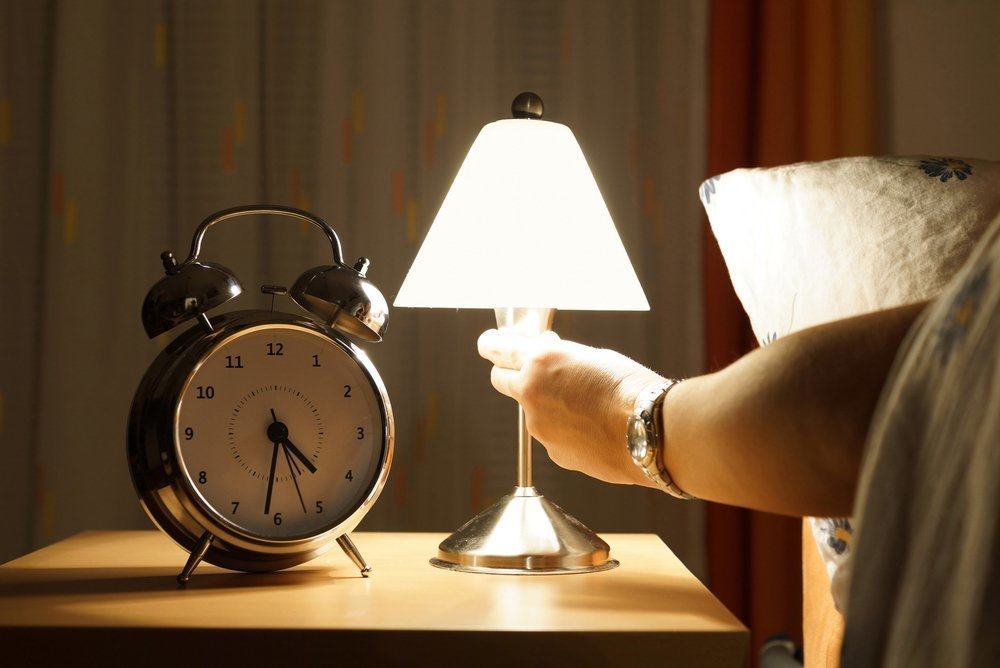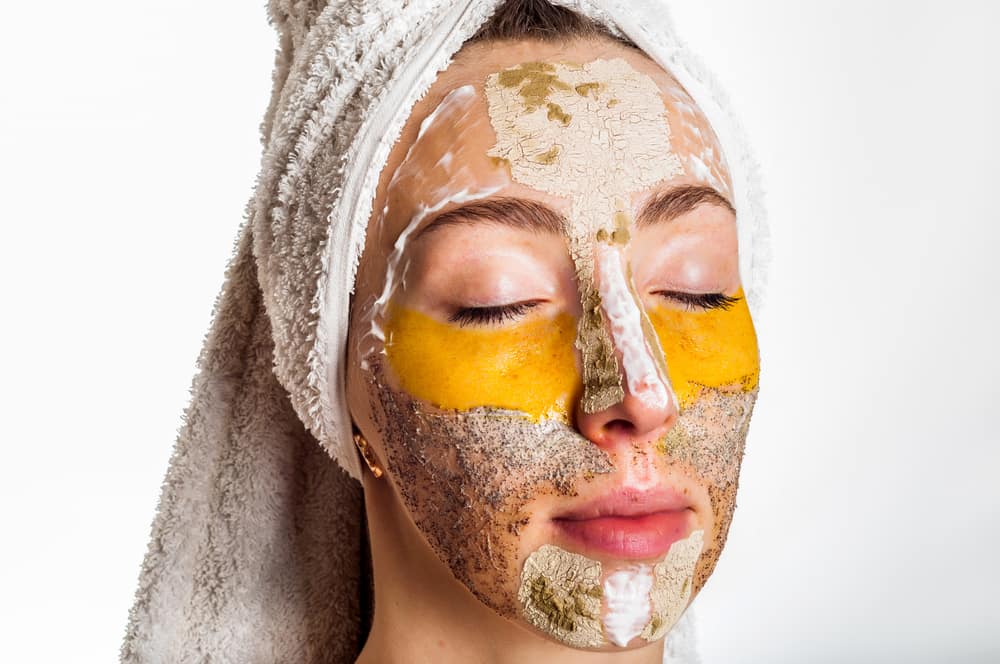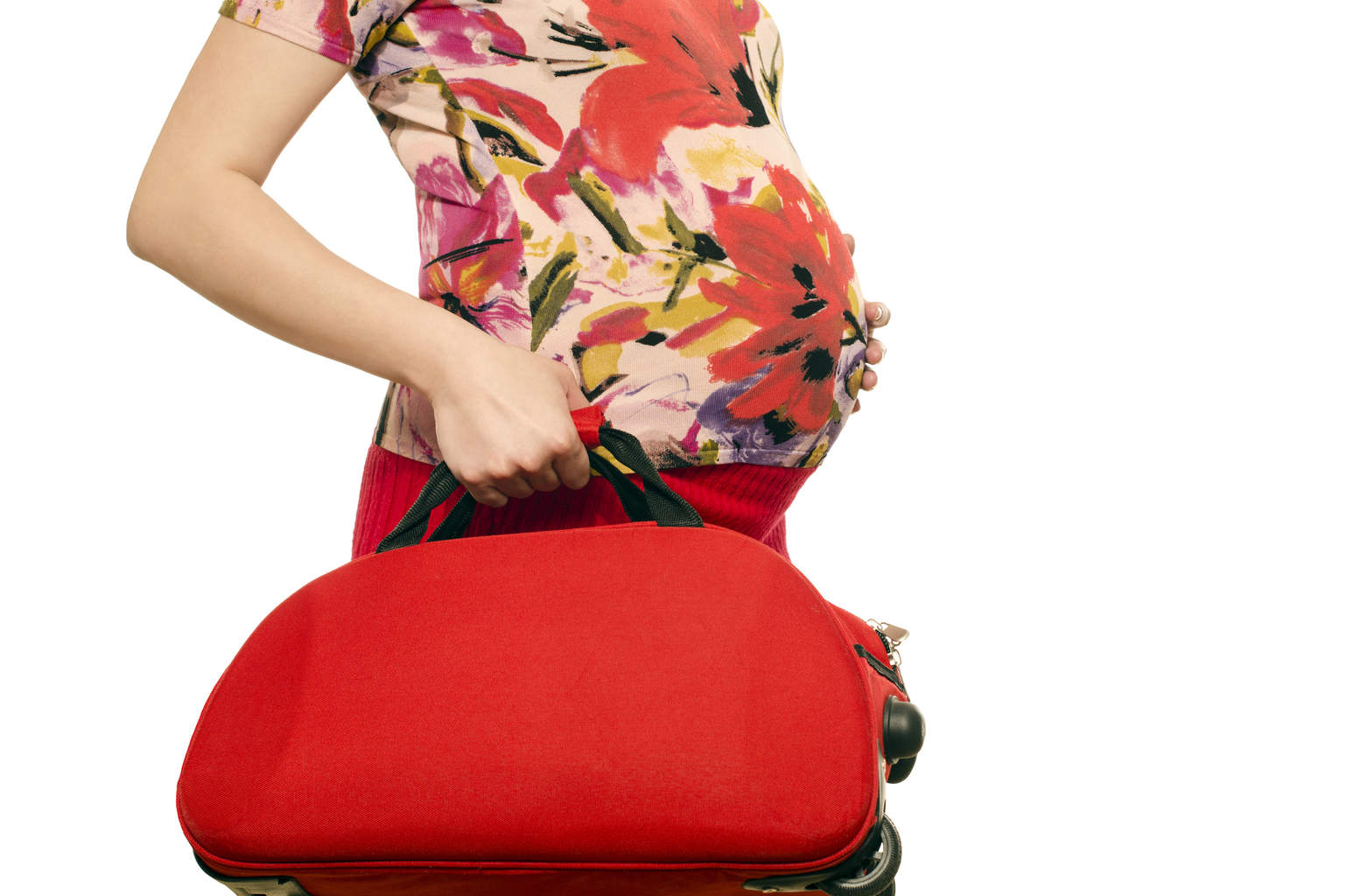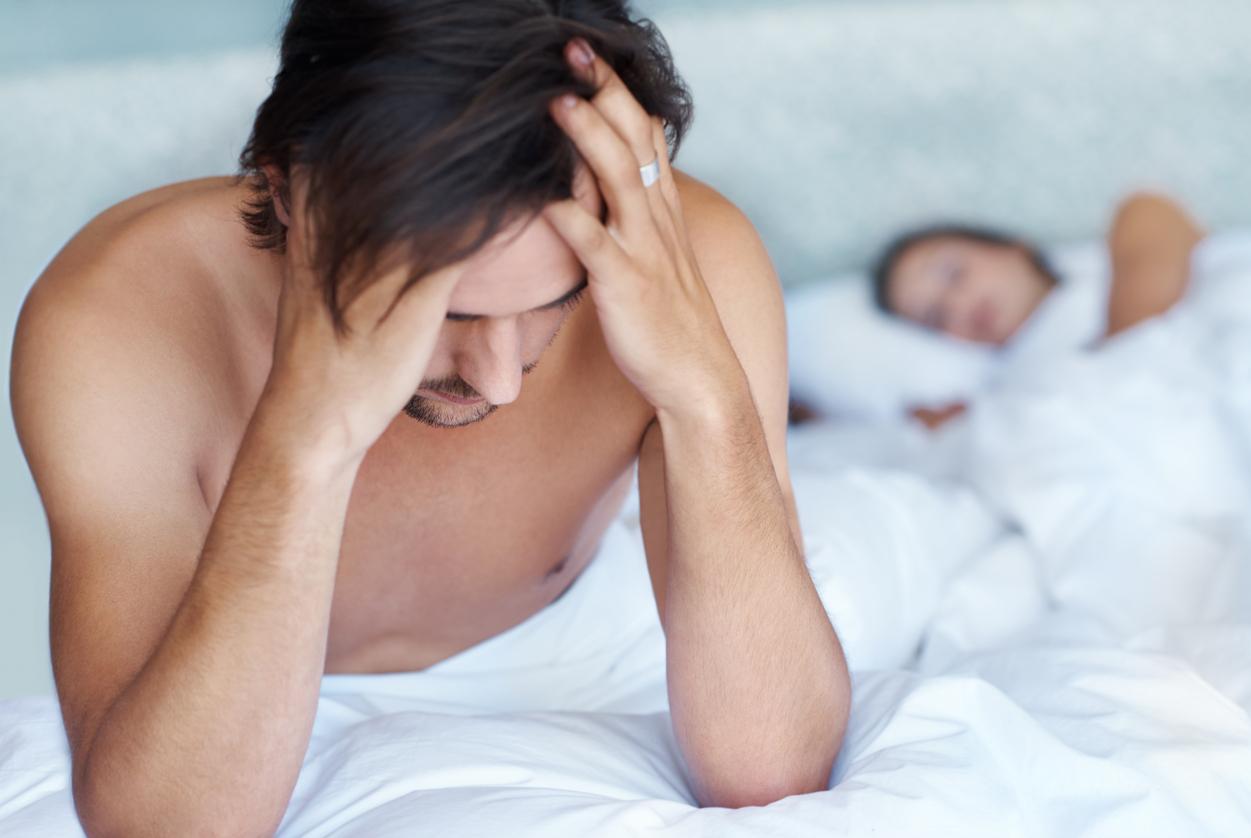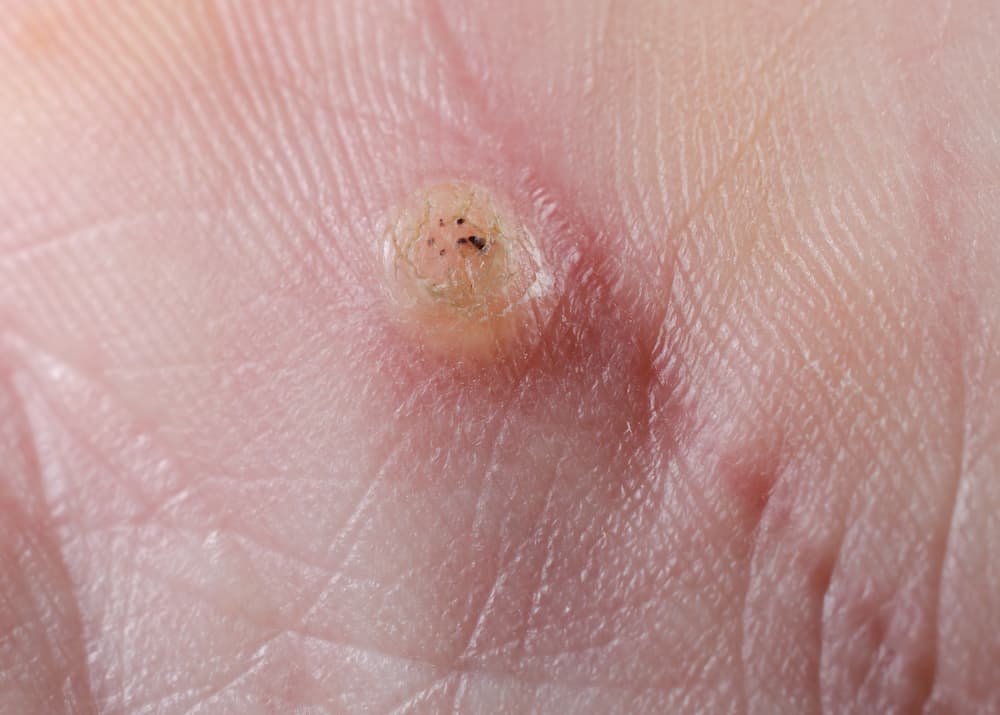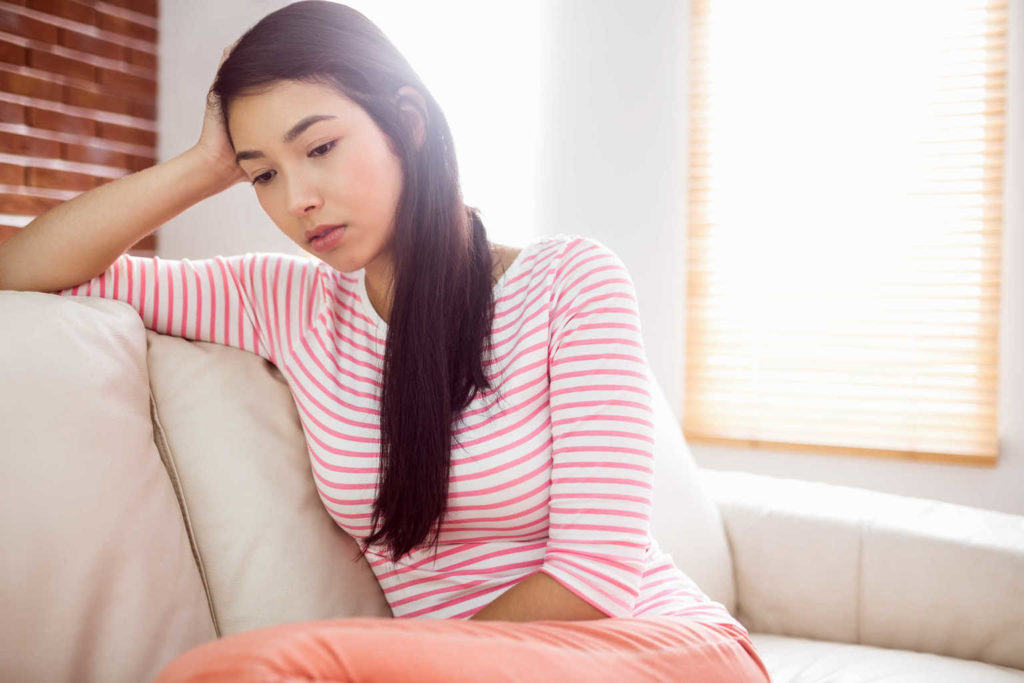Contents:
- Medical Video: Wind Down: Switching off with Sleep by Headspace
- Why did it happen?
- What should be done before going to bed?
- What is the result of sleeping with the lights on?
Medical Video: Wind Down: Switching off with Sleep by Headspace
Some of you may prefer to sleep in bright conditions, some may only be able to fall asleep if the room is dark. Now, which one is better, sleep when the light is on or off?
The answer is in the off light condition. Yes, sleeping in dark conditions can make you get better quality sleep. The key factor in regulating sleep and your body's biological clock is exposure to light.
Why did it happen?
Light can be a reference for your body's biological clock. Why? Because light is received by the eye not only to help the eye see, but also can give a signal to the body that shows certain times for the body.
The eye can provide secondary functions, such as responding to light and rearranging your body's cyclic hours. Light exposure stimulates the flow of nerve cells from the eye to parts of the brain that control hormones, body temperature, and other functions that play a role in making you feel sleepy.
When the eyes are exposed to light between morning and evening, the light blocks nerve cells and suppresses the release of the hormone melatonin, which helps you fall asleep. This may be the reason why your body's cyclic clock shows it's time to sleep at night, not during the day when a lot of light is received by your eyes. When you sleep when the light is on, your brain may not produce the melatonin hormone because it is confused whether it shows night or day.
Too much light exposure just before you sleep can also prevent you from getting good quality sleep. So, you should turn off your lights before going to sleep to give a signal to your body that this is the time to sleep, so that sleep becomes better. Adjusting light exposure is an effective way to maintain the cyclic cycle you have.
What should be done before going to bed?
Before you sleep, you should turn off the lights in your room. In addition, electronic devices in your room, such as televisions, computers, laptops, or handphone, it should also be turned off because the electronic devices also produce light. If there is a window in your room, you should close your window curtains so that the outside light does not enter the room and disturb your sleep. You can also use sleeping goggles so that you sleep better.
If you cannot sleep in very dark conditions, you should turn on your light sleeper which produces smoother light. Your body can be programmed to sleep when it's dark, so you can more easily push your body to sleep. Furthermore, when you wake up in the middle of the night, you should also not turn on your lights, it is feared it can make you unable to sleep again.
What is the result of sleeping with the lights on?
Sleeping in a light can cause health problems. This health problem may occur because exposure to light during sleep can affect the disruption of hormones in the body. Some diseases that can be caused by sleeping with bright conditions are:
- Obesity. The study, published in the American Journal of Epidemiology, showed that women who slept in brighter rooms tended to have a higher Body Mass Index (BMI) and a greater waist circumference than women who slept in dark room conditions.
- Depression. Research in the Journal of Affective Disorders shows that depressed people have brighter lights in their rooms while sleeping. Sleep disturbances or poor quality sleep caused by the lights on can be associated with depression.
- Breast cancer. Research by the International Journal of Health Geographics found that the incidence of breast cancer is higher in women who live in areas with high levels of urban development, the number of lights on highways, shopping centers, and homes.
- Type 2 diabetes mellitus Research published by the journal Chronobiology International found that people with diabetes get exposure to brighter light for four hours before going to bed. This exposure to light includes those obtained from television and handphone, because these electronic devices have been shown to be more suppressing the melatonin hormone than other light sources.
- Insomnia. Turning on the lights during sleep can make sleep quality and quantity worse. Light can reduce levels of melatonin produced by the body, so it can make your drowsiness decrease and make it difficult for you to sleep.
- High blood pressure. Research in the journal Chronobiology International shows that people who get a lot of light exposure during sleep have higher blood pressure than those who sleep in dark conditions.
READ ALSO
- How Can Coffee Affect Your Sleep?
- Benefits and risks of using sleeping pills
- Why After Eating Can Not Instantly Sleep

